Home > About IUTAM > Symposia and Summer Schools
The information about Call for 2026 Proposals for Diversity Symposia is the last item on this page – so please scroll down
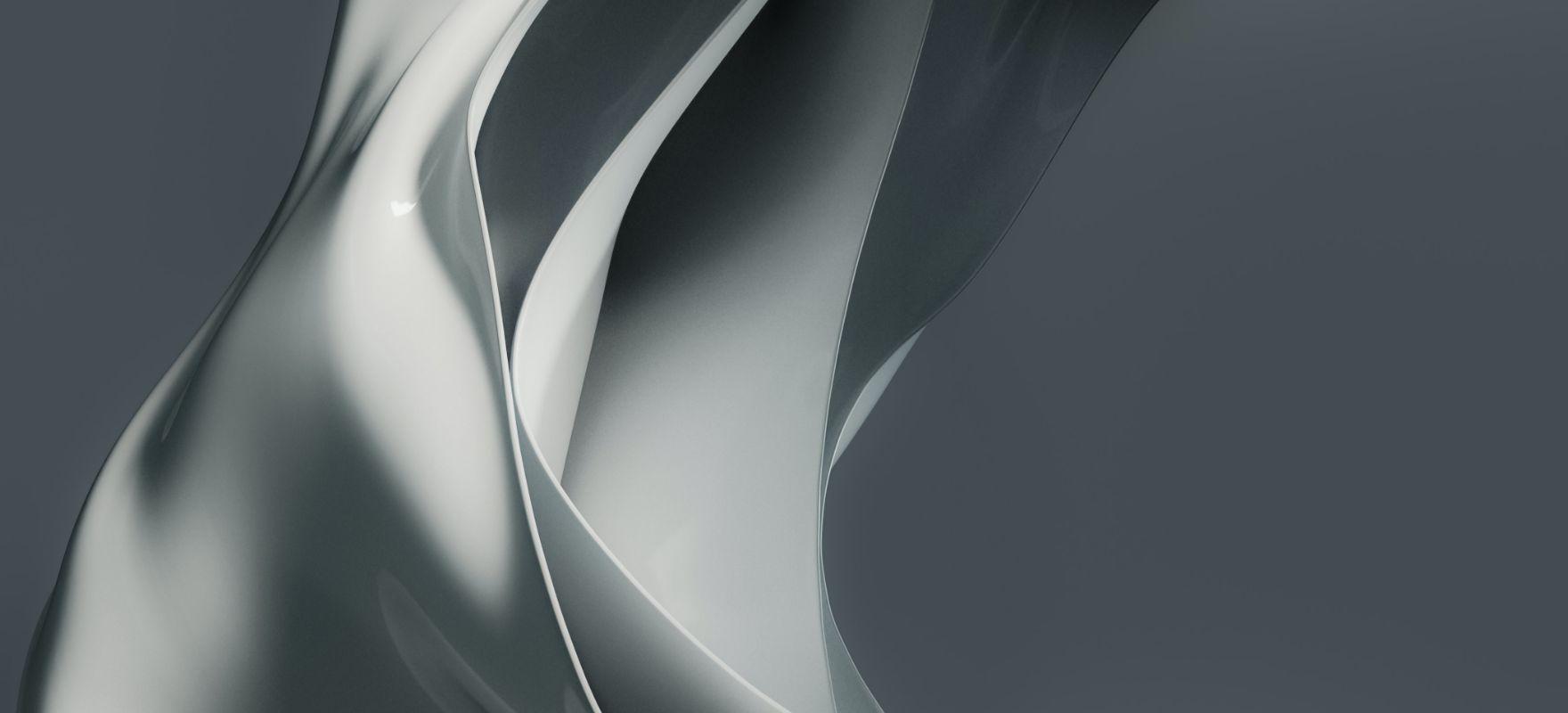
Every two years a call is launched on the IUTAM website inviting submissions of proposals for IUTAM Symposia and Summer Schools in both fluid and solid mechanics. Prospective organisers are asked to submit a proposal online, after consultations with an appropriate Adhering or Affiliated Organisation. The organizers can request funding from IUTAM, currently up to $5000, which can be used freely toward the organisation of the Symposium, especially to support younger researchers.
Every two years a call is launched on the IUTAM website for submitting proposals for IUTAM Symposia and Summer Schools in both fluid and solid mechanics. Prospective organisers are asked to submit a proposal online, after consultations with an appropriate Adhering or Affiliated Organisation. The organisers can request funding from IUTAM, currently up to $5000, which can be used freely toward the organisation of the Symposium, especially to support younger researchers.
The IUTAM Symposia are reserved for invited participants. Those wishing to participate in an IUTAM Symposium are therefore advised to contact the Chair of the Scientific Committee in due time in advance of the meeting.
If the organisers of a Symposium decide to publish proceedings, the currently recommended form of publication is the IUTAM Bookseries by Springer. From 2011 to 2017, the preferred publication platform for the proceedings of IUTAM Symposia was Procedia IUTAM by Elsevier. All papers included in the proceedings must be subjected to review to ensure their high quality.
In 1977 the IUTAM Bureau set up two panels charged with the duty of assessing proposals made for IUTAM Symposia in the fields of fluid and solid mechanics. In 1992 that duty was extended to include scanning of proposals for IUTAM Summer Schools. The following members of the fluids panel and the solids panel have been elected for the period 2022 – 2024.
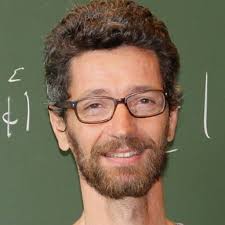
Chairperson
CNRS, Institut Jean le Rond d’Alembert, Sorbonne University, Paris, France
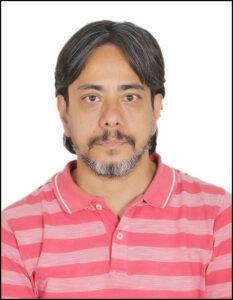
Jawaharlal Nehru Centre for Advanced Scientific Research
Jakkur PO
Bangalore
India
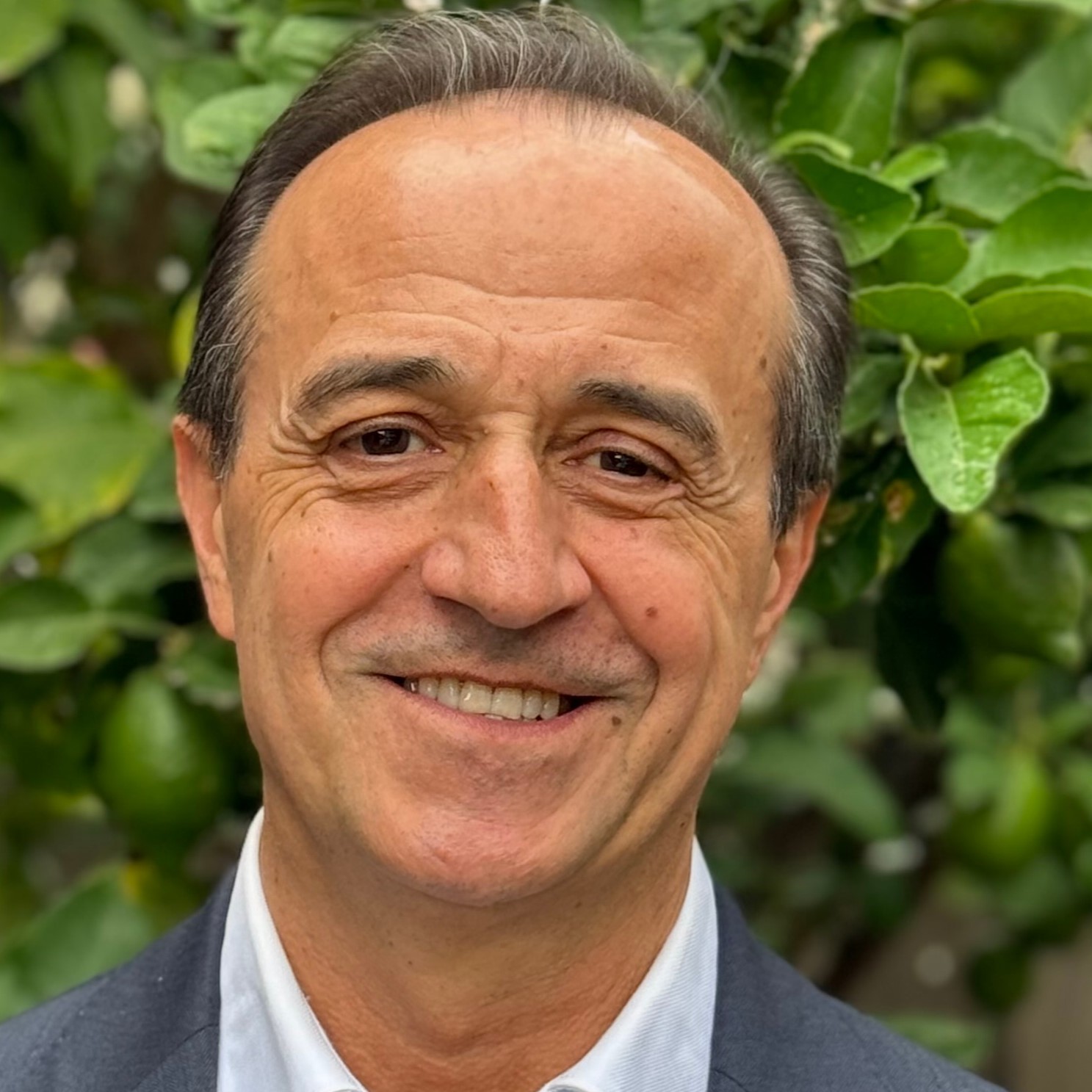
University of Melbourne, Australia
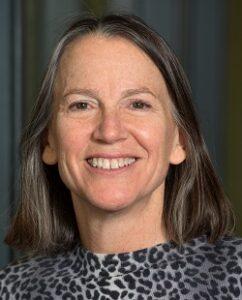
University of Minnesota
Minneapolis
USA
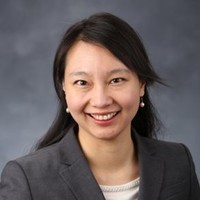
University of Alberta, Edmonton, Canada
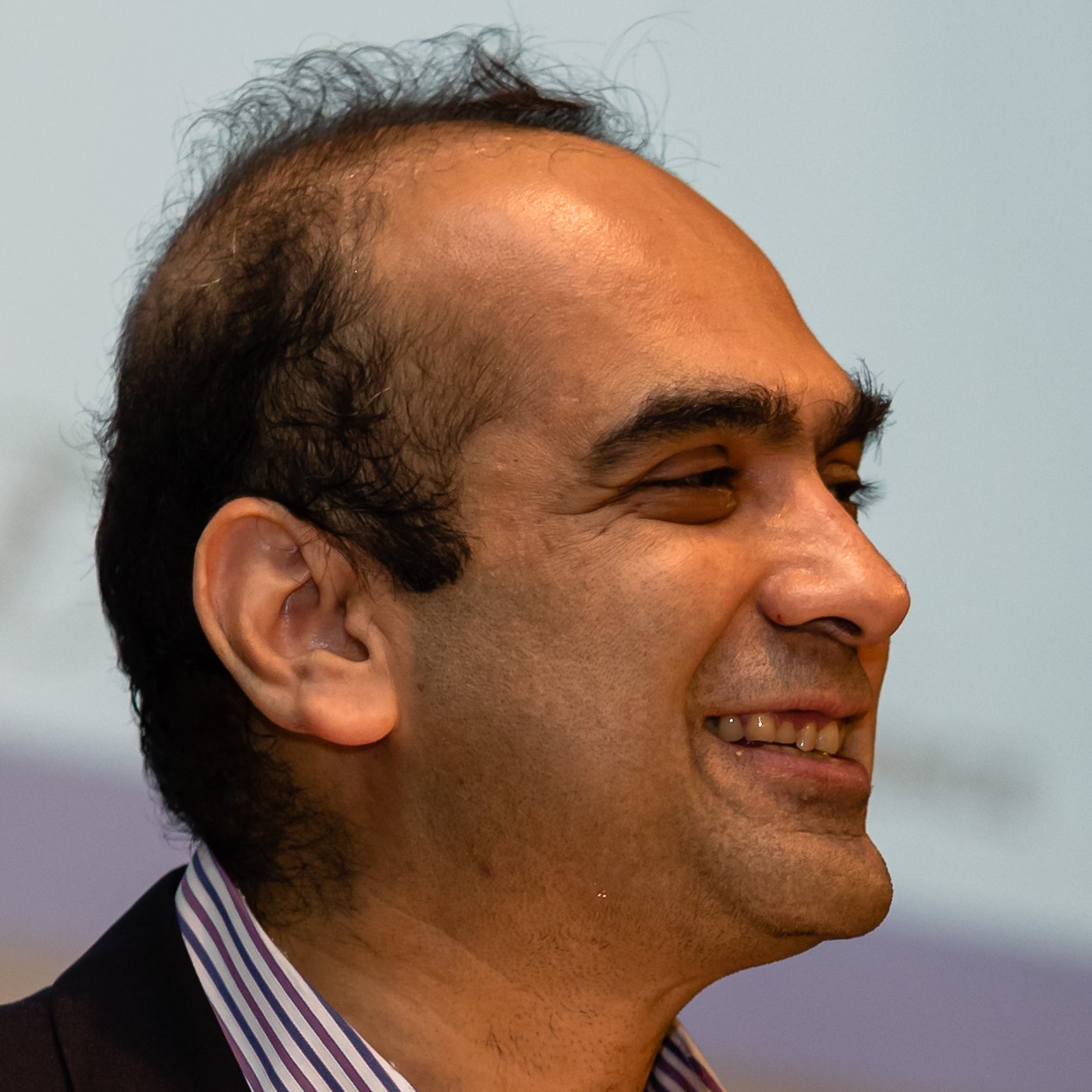
Chairperson
Department of Engineering, University of Cambridge, UK
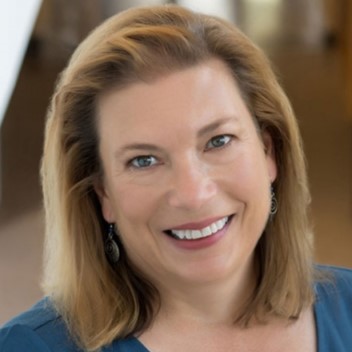
University of Michigan, Ann Arbor, USA
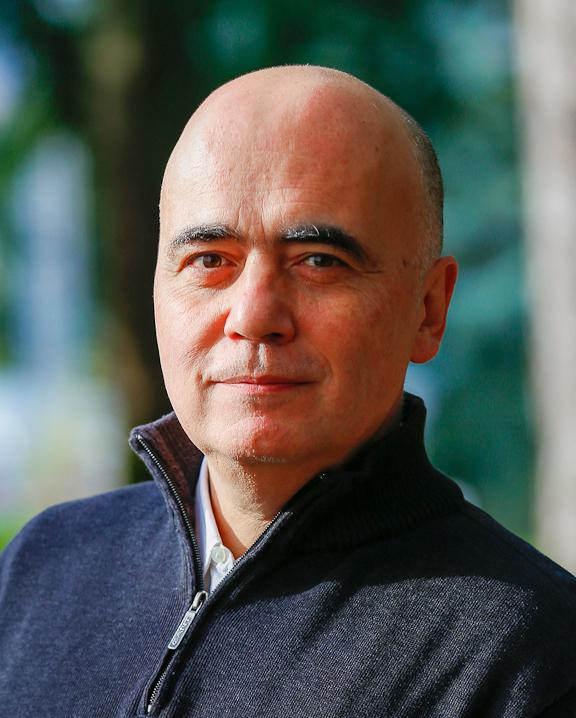
University of Trento
Dipartimento di Ingegneria Civile, Ambientale e Meccanica
Trento
Italy
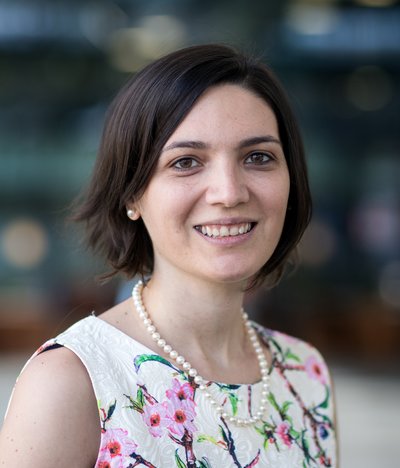
Eindhoven University of Technology, Netherland
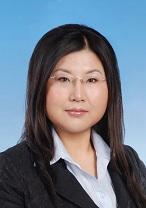
Peking University
College of Engineering
Beijing
China

The aim of any symposium sponsored by IUTAM is to assemble a group of active scientists within a well-defined field to advance the science within that field.
In order to achieve an effective communication within this group it is necessary to limit the number of active participants sufficiently. To this end, all IUTAM Symposia are reserved for invited participants. Those wishing to participate in an IUTAM Symposium are therefore advised to contact the Chairperson of the Scientific Committee in due time in advance of the meeting.
Invitations to participate, made by the Scientific Committee (see below), should be made only on the basis of scientific merit.

Following proposals made by prospective organisers and recommendations given by the two IUTAM Symposia Panels and by the IUTAM Board of Directors, the General Meeting of Members decides upon topics to be treated at forthcoming symposia.
The IUTAM Board of Directors then appoints a Scientific Committee, which will become responsible for the symposium. The Scientific Committee proposes the date for the symposium, subject to approval by the Board of Directors.
The Secretary-General informs the Chairperson of the Scientific Committee about the Rules and Guidelines issued by the IUTAM Board of Directors and keeps them continually informed about any decisions regarding the symposium, which may be taken by the General Meeting of Members or the Board of Directors.
The main responsibility of the Scientific Committee is the selection of scientists to be invited. It is responsible for the scientific quality and success of the Symposium.
The IUTAM General Meeting of Members held in 2024 in Daegu allocated a budget of $50,000 to the Board of Directors to spend in promoting diversity within IUTAM Symposia and Summer Schools during the period 2025-2027. IUTAM understands diversity as the range of human differences, including but not limited to race, gender, age, subject of expertise and geographic representation. IUTAM values diversity as a supporting principle for pursuing its basic objectives and maintaining the highest standards in all its activities.
The Board of Directors consulted with the Diversity Advocacy Group for advice on the best use of this budget. The Diversity Advocacy Group has recommended that there should be a special call for IUTAM Symposia to be held in 2026/2027 where these Symposia will be focused on an aspect of diversity or will advance diversity within IUTAM and/or within theoretical and applied mechanics.
This special call has a deadline for submission of proposals that is 31st October 2025.
In addition to this special call, please note that the same General Meeting of Members agreed that a $3,000 travel/registration grant for each regular IUTAM Symposium and Summer School that runs in 2026/2027 can be awarded by the Board of Directors in addition to the standard grant of $5,000. Such additional grants will be subject to scrutiny by the Board of Directors to ensure that the money is spent to promote diversity.
Please click on the button “IUTAM Diversity Symposium Call” for more information.
Please email the form to Robert McMeeking rmcm@engineering.ucsb.edu